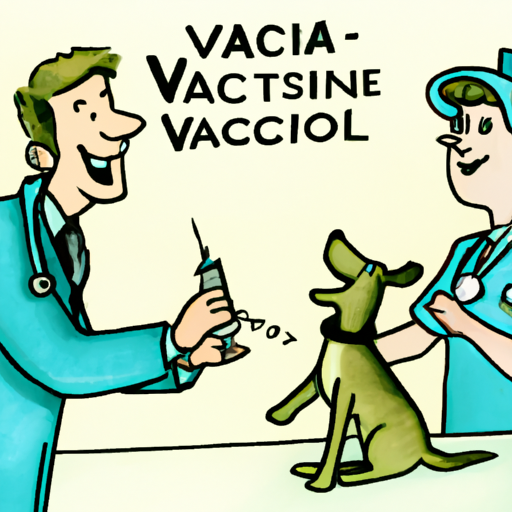Introduction
You are a caregiver. You love your pet and want them to live a long, healthy life. Part of that care involves protecting them from diseases, some of which are so serious that prevention is the best cure. Enter the Lepto vaccine, a potentially life-saving shot that can protect your beloved pooch from a dangerous bacterial disease called Leptospirosis.
What is Leptospirosis?
Leptospirosis, often referred to as “Lepto,” is a bacterial infection that dogs can contract from wildlife and the environment. Contaminated urine, soil, or water can harbour the bacteria, which can enter your dog’s system through a wound or even through the mucous membranes of the mouth, nose, and eyes.
The disease can lead to severe symptoms such as:
- Kidney damage
- Liver damage
- Muscle pain
- Vomiting
- Fever
- Bleeding disorders
In severe cases, Lepto can be fatal.
The Importance of the Lepto Vaccine
Just like you’d get vaccinated to prevent diseases, the same principle applies to your dog. Vaccination is a key part of preventative healthcare. The Lepto vaccine is specifically designed to protect against the Leptospirosis bacteria, reducing the risk and potentially the severity of the disease.
The vaccine works by exposing your dog’s immune system to a small, safe amount of the bacteria, which prompts the body to produce antibodies. If your dog is then exposed to the bacteria in the future, their immune system will be prepared to fight it off.
When Should Your Dog Get the Lepto Vaccine?
Most vets recommend that puppies receive their first Lepto vaccine between the ages of 6 to 8 weeks, with a booster shot 2 to 4 weeks later. Annual boosters are also generally recommended, particularly for dogs that live in high-risk areas or lead lifestyles that involve a lot of outdoor activity.
| Age | Vaccine |
|---|---|
| 6-8 weeks | First vaccination |
| 10-12 weeks | Booster shot |
| Annually | Booster shot |
Common Concerns About the Lepto Vaccine
Like any medical treatment, it’s natural to have concerns. Some caregivers worry about potential side effects, which can include fever, decreased appetite, and lethargy. However, these are typically mild and short-lived. The benefits of protecting your dog from a potentially deadly disease far outweigh the minor risks associated with vaccination.
FAQ
1. Is the Lepto vaccine necessary for all dogs?
While all dogs can benefit from the vaccine, it’s especially important for those who have a higher risk of exposure, such as dogs that spend a lot of time outdoors or in areas with wildlife.
2. Are there any side effects?
Some dogs may experience mild side effects like fever or lethargy, but these are usually temporary.
3. Can humans get Leptospirosis?
Yes, humans can also contract the disease, often from the same sources as dogs.
4. Can the Lepto vaccine cause the disease?
No, the vaccine cannot cause Leptospirosis. It simply triggers the immune response to fight off the bacteria.
Remember, you are a caregiver, and the health of your pet is in your hands. Vaccination, including the Lepto vaccine, is a critical part of ensuring your furry friend’s wellbeing. As always, consult with your veterinarian to make the best healthcare decisions for your pet.



